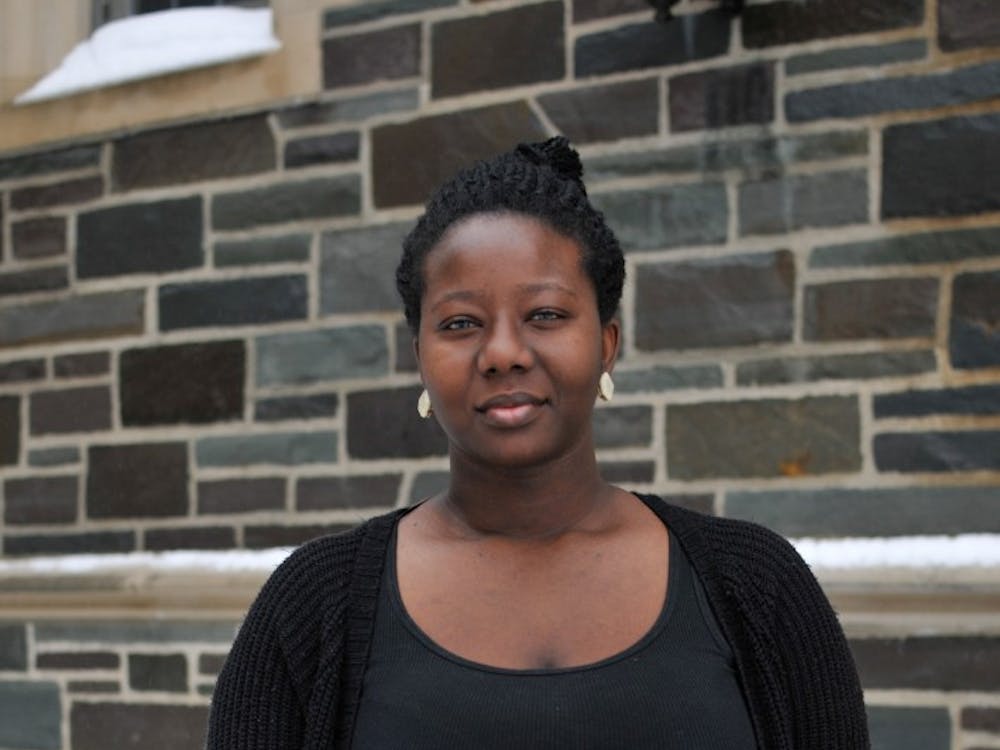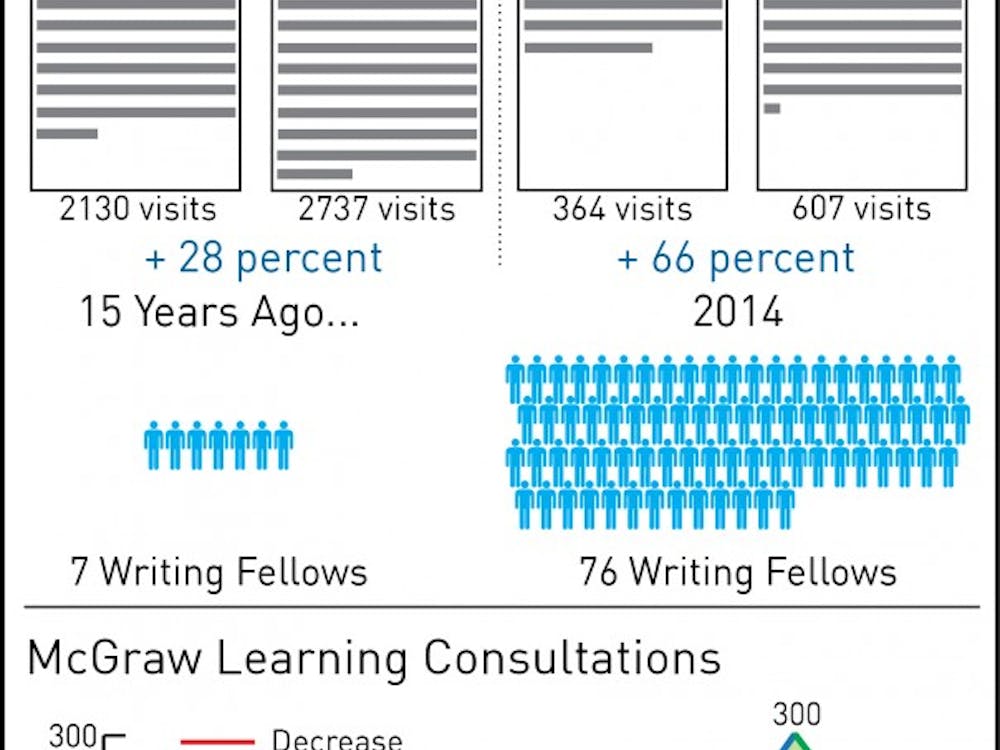Princeton says no injuries due to ice, but students report falling
Jasmine WangThe University is not aware of any injuries caused as a result of the sheets of ice that have covered sidewalks around campus after several snowstorms hit the east coast over the last few weeks, according to University Spokesperson Martin Mbugua.








